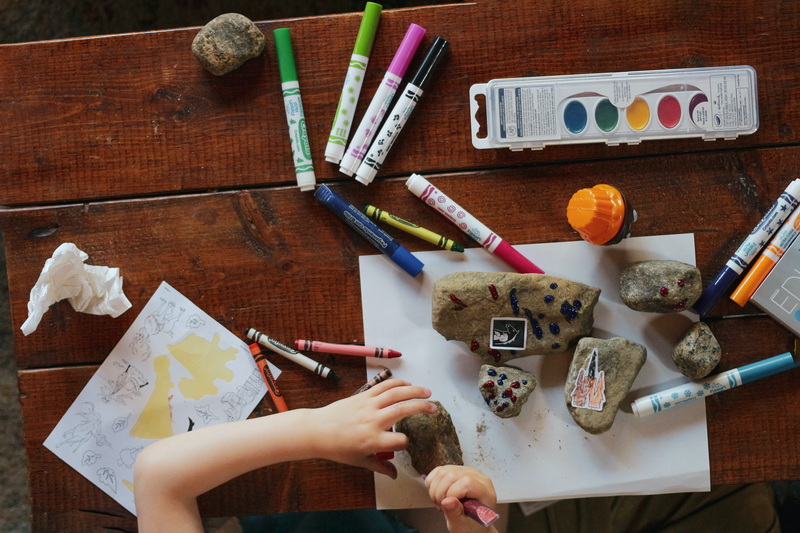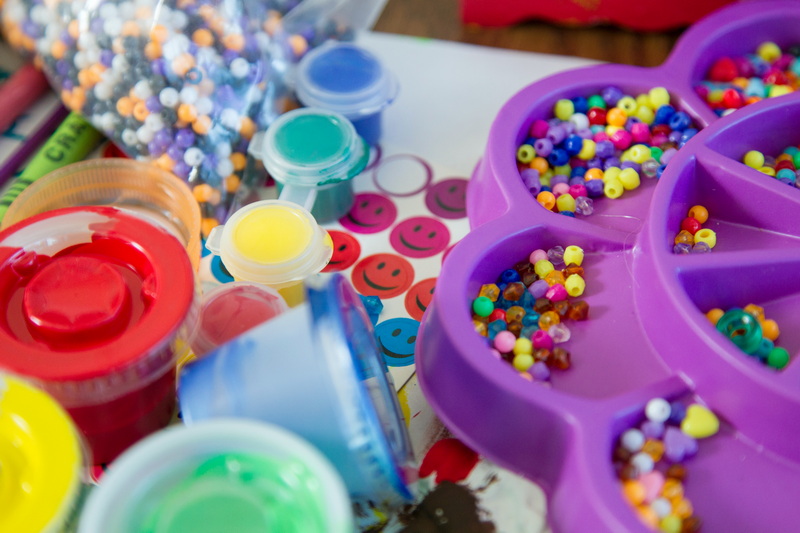Montessori Education I: What Is the Most Important Education Factor for Children?
By Kim Yul
Education has several purposes. It is to guide learners in the right direction and deliver various types of information and knowledge to them to make a better society. The precondition for this starts with making all learners independent human beings. Children are constantly in need of assistance right after they are born. Since children’s behavior and instincts are not yet attuned to the concept of doing something on their own, they rely on their parents and express themselves by crying. When they reach the stage of infancy and can use their hands and feet, they try to touch, check, and feel everything. They prepare to be reborn as independent entities through the act of resolving their curiosity about the environment surrounding them and their inherent, inquisitive mind.
In the Montessori philosophy of education, the concept of a “prepared environment” is emphasized to encourage these children’s physical and mental independence. “Prepared environment” refers to the overall factors provided so that children can engage in activities to satisfy their desire for exploration and learning on their own. Through this environment, children do not only gain knowledge and information but focus on learning the right habits and lifestyle to live their lives. For example, while learning various life skills such as organizing, self-care, environment-care, order, community, sociality, and independence, they are realizing that they are independent human beings and develop the concept of self-awareness. Intrinsic curiosity is the main trigger for children at this age, and they motivate themselves to absorb everything around them.

This type of learning in early childhood disappears rapidly from the beginning of adolescence. Perhaps it is because competition, which occurs naturally through tests and grades, becomes the main situation for learners. Intrinsic curiosity to constant exploration is lost to competition, and therefore, opportunities for motivation are also reduced. The less motivation children have, the less active they become. Passive children lose their ability to think, lose their creativity, and eventually get lost. The most important things in teaching in a Montessori classroom are interest and motivation. If these two conditions are not satisfied, then educators will not produce the results they seek, even if they deliver quality lessons. Emphasizing the importance and necessity of whatever the learner is trying to achieve should come first. This is the motivation and educational condition that should be given the highest priority. Are they motivated to learn? Are they learning for themselves or for a test?
Korea is currently experiencing an extremely low birth rate. According to the latest census report (KOSTAT), the number of newborns in Korea during the month of July 2022 was about 20,000, a decrease of about 8 percent compared to July of last year, and the number of newborns in Gwangju was 575, a difference of about 20 percent from last year. This phenomenon could become a very big disaster in 20 years. Declining population brings a later decline in fertility rates, along with a decline in the labor force. In the end, the possibility of repeating this vicious cycle is strong. There are many reasons for this low birth rate, but the main one is the economic situation. It is not simply a problem of increasing living and childcare expenses, but the reality that education expenses are inevitably burdensome, and the intensifying competition in education and the increase in private education represent this. Given all this, we have reason to reexamine the state of education. We need to change the paradigm of education to not one of competition but one of practical life.
Photos by Sigmund and National Cancer Institute on Unsplash.
The Author
Kim Yul is originally from Gwangju and has taught in Cincinnati, Ohio, for many years. He is a Montessori elementary school teacher who believes education can change the world.







